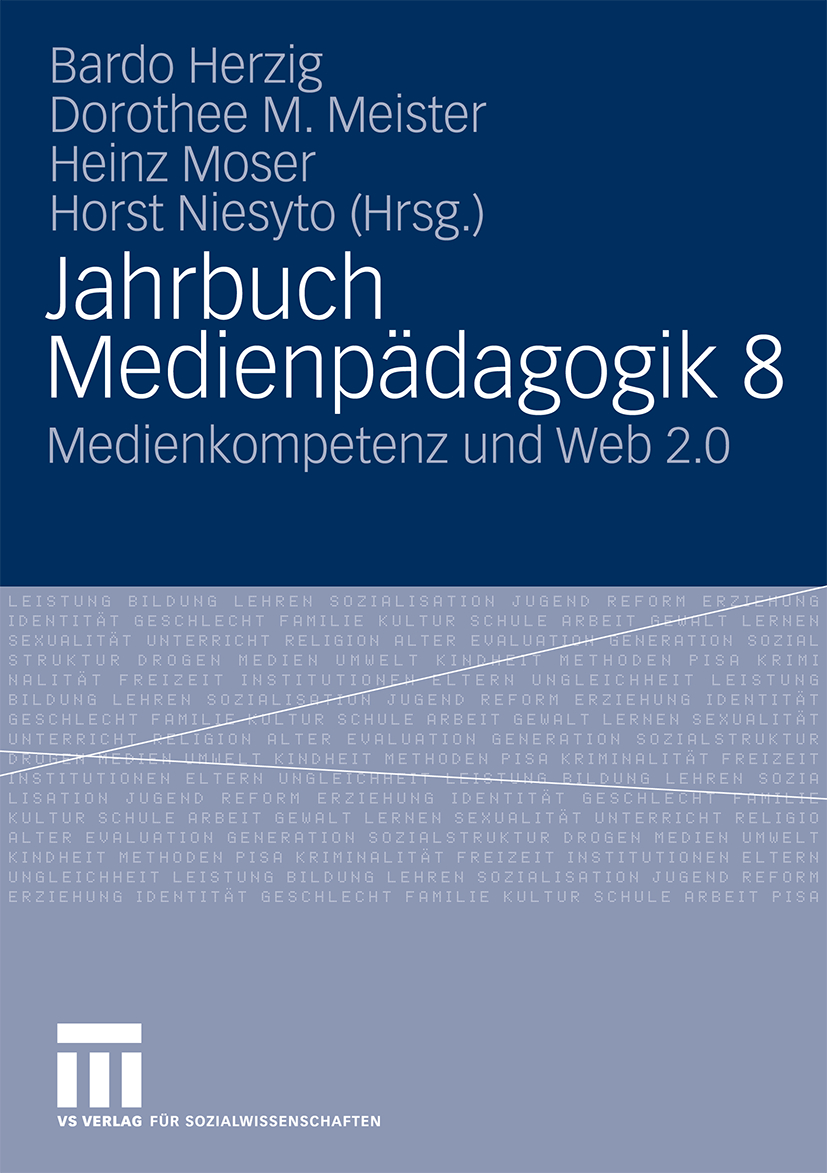Abstract
The aim of media education for adults is to promote media competence among adults. Media literacy is also a fundamental competence for adults in the context of the knowledge society. Media competence is becoming a "prerequisite for coping with future demands in everyday life (...). In this sense, it is also of elementary social importance to enable everyone to acquire the competences and qualifications necessary here. Adult education plays a special role in this. (Project Group New Media 2001: 2). In addition to kindergarten, school and extracurricular education for children and young people, adult education has the task of imparting media competence. "Media competence is (...) a task of lifelong learning" (Baacke 1998: 2). Adult education deals with media on different levels (cf. Stang 2003). For example, in the area of new media, the internet is used for marketing at the organisational level, Web 2.0 technologies are used at the teaching/learning level (cf. Kerres 2006; de Witt/Czerwionka 2007) and at the offer level blogs, wikis and podcasts can become a topic - whether to design them themselves or to gain knowledge about them.
